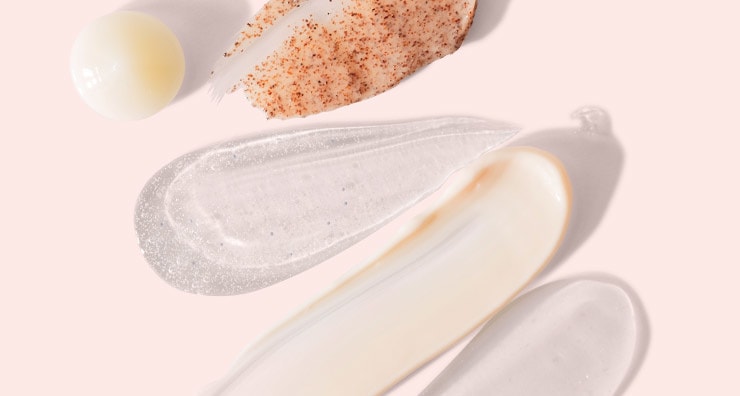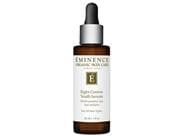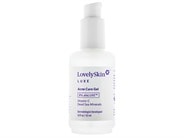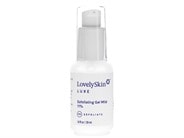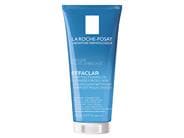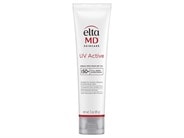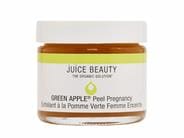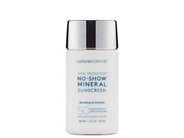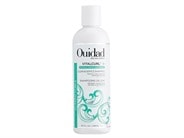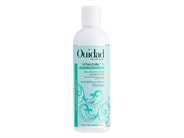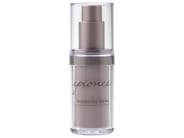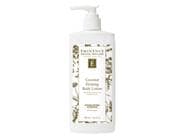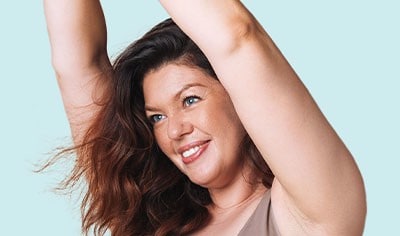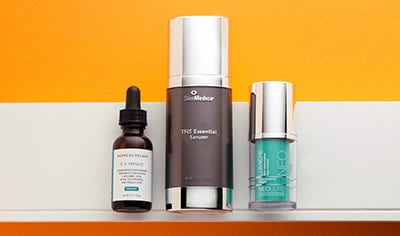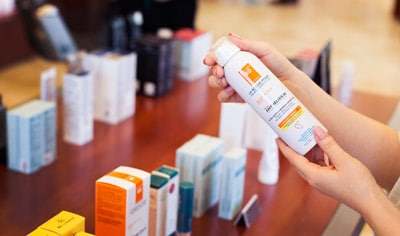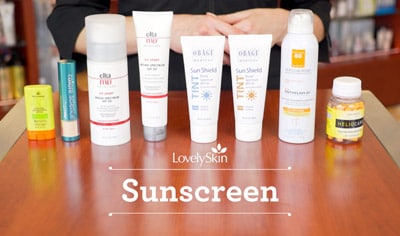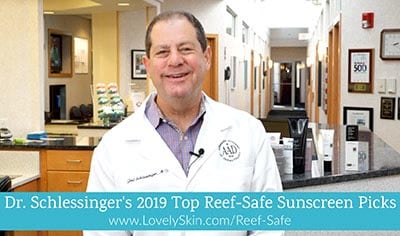When it comes to pregnancy-safe skin care, you might be facing more than the common pregnancy glow you’ve heard people rave about. The increase in hormones that come with pregnancy can also cause changes in your skin, including hyperpigmentation, stretch marks and an increase in acne.
Skin care when pregnant or breastfeeding, however, can feel tricky. Growing and feeding a baby means considering everything you put into your body and apply onto your skin. Before LovelySkin CEO Dr. Joel Schlessinger was a board-certified dermatologist, he was a pediatrician so he knows a thing or two about what is and isn’t acceptable for pregnant and breastfeeding women.
“During pregnancy and breastfeeding, there are many seemingly innocuous over-the-counter and prescription skin care products that are unable to be used. Even though I am a previously boarded pediatrician, I encourage my patients to run their skin care routines by their OB/GYN and/or pediatrician in order to be sure. Most dermatologists avoid any non-essential medications during pregnancy and breastfeeding due to concerns for the growing baby's health. While most are safe, it simply makes sense to be cautious.”
Dr. Daniel Schlessinger, board-certified dermatologist as well as Mohs surgeon and cosmetic surgeon adds, “Many products, devices and medications simply aren’t tested for safety on pregnant and breastfeeding women, so there is inadequate information on any potential risks. Still, many of our patients come to us for advice on which products might be suitable for them to use so they don’t have to completely halt their daily skin care regimens.”
When it comes to over-the-counter products, you’re likely wondering which skin care ingredients to avoid while breastfeeding and during pregnancy. Follow along as we share four common beauty ingredients to avoid, plus what to use instead.
Skin care ingredients to avoid while breastfeeding or pregnant
When it comes to treating hyperpigmentation, one popular choice is a topical prescription medication called hydroquinone, which helps inhibit the melanin production that causes unwanted dark spots and uneven skin tone. However, doctors generally recommend that pregnant and breastfeeding women avoid hydroquinone out of caution. “There is no perfect system for assessing risk of any particular product in pregnancy, but our older FDA system stated that hydroquinone was a category C medication, which means studies had not shown negative effects during pregnancy,” Dr. Daniel Schlessinger says. “However, we do know that 35 to 45% of this ingredient is absorbed into the body, so it makes sense to err on the side of caution. This product is a definite ‘no’ for me.” Prescription azelaic acid also helps treat dark spots and hyperpigmentation and is a category B medication. “You should always defer to your OB/GYN just in case they have some specific concerns, but azelaic acid is considered safe to use during pregnancy,” Dr. Daniel Schlessinger says.
Retinoids are a very effective skin care ingredient and are considered a go-to for any anti-aging or acne regimen, as they encourage healthy cell turnover. They can range from prescription-grade tretinoin to retinol to more diluted vitamin A derivatives. “There’s research that raises safety concerns about using products that contain tretinoin or retinol during pregnancy, so I recommend that my patients avoid it while pregnant so this is a ‘no’ for me as well,” Dr. Daniel Schlessinger says. “Oftentimes my patients are using tretinoin for acne, and pregnancy acne is really difficult to get under control because a lot of the standard prescriptions you would get from your doctor’s office, like antibiotics or hormonal treatments like spironolactone, are off limits during pregnancy.” As an alternative, salicylic acid and afaLUXE(™) are generally considered safer over-the-counter options to treat acne while pregnant or breastfeeding, according to Drs. Joel and Daniel Schlessinger.
Benzoyl peroxide can be a key component in a mild acne skin care regimen, as it works as an antibacterial agent to penetrate deep into the pores and help kill the P. acnes bacteria that can exacerbate blemishes. However, benzoyl peroxide is a skin care ingredient to avoid while breastfeeding or when pregnant. Because of some recently raised concerns about benzoyl peroxide forming benzene–a carcinogen–at high temperatures, Drs. Joel and Daniel Schlessinger actually don’t recommend over-the-counter benzoyl peroxide for anyone who is pregnant or breastfeeding right now until more research is done to ensure its safety. In general, they feel the best option for benzoyl peroxide at this time is the prescription-based options.
To protect skin from sun damage and skin cancer, both Drs. Joel and Daniel Schlessinger recommend broad-spectrum sunscreen for face and body with an SPF of 30 or higher for all of their patients. However, sunscreen can be especially important during pregnancy for those who are prone to melasma.
“Melasma is a skin condition that results in discoloration and dark spots, and because it can be triggered by hormonal changes, it’s a common complaint during pregnancy. In fact, melasma is often called ‘pregnancy mask,’” says Dr. Daniel Schlessinger. “Sun exposure does significantly worsen the discoloration from melasma, so I always recommend diligent sunscreen use and staying out of the sun as much as possible for my pregnant patients dealing with melasma.”
New and expectant mothers often ask which ingredients they should avoid when looking for breastfeeding- and pregnancy-safe sunscreens. “Sunscreens with chemical filters neutralize the sun’s UV rays and physical sunscreens use minerals like zinc oxide or titanium dioxide to physically block the sun’s rays,” Dr. Daniel Schlessinger says.
Popular chemical filters include oxybenzone, avobenzone, octinoxate, octisalate, octocrylene and homosalate. “There’s still some controversy about what sunscreens are safe to use during pregnancy and what should be avoided, but in general, some absorption of these chemical filters into the bloodstream has been shown,” Dr. Daniel Schlessinger says. “For that reason, I typically tell pregnant or breastfeeding women to use physical sunscreens. The mineral ingredients do not appear to be absorbed into the bloodstream, and therefore, I view them as a bit safer to use than chemical sunscreens during pregnancy, but you may need to reapply more as chemical sunscreens are, without a doubt, stronger and longer-lasting.”
Oxybenzone is sometimes used in other beauty products besides sunscreen, such as hairsprays and shampoos, so it can be a good idea to check labels on your products at home before using them while pregnant or breastfeeding.
When making choices about skin care while breastfeeding or pregnant, Drs. Joel and Daniel Schlessinger first and foremost recommend working with your OB/GYN and/or pediatrician to approve choices your dermatologist may have suggested or to determine what is safe for your personal circumstances.
To help you know where to start, the team at LovelySkin asked the brands we carry to share what products they make that they consider suitable to use during pregnancy. You can find these products on our site designated as Suitable for Pregnant Women.
Whether you’re looking for a face serum to diminish dark spots or a firming body lotion to help with stretch marks, below are a few specific recommendations to consider adding to your skin care routine while breastfeeding or pregnant, with approval from your OB/GYN.
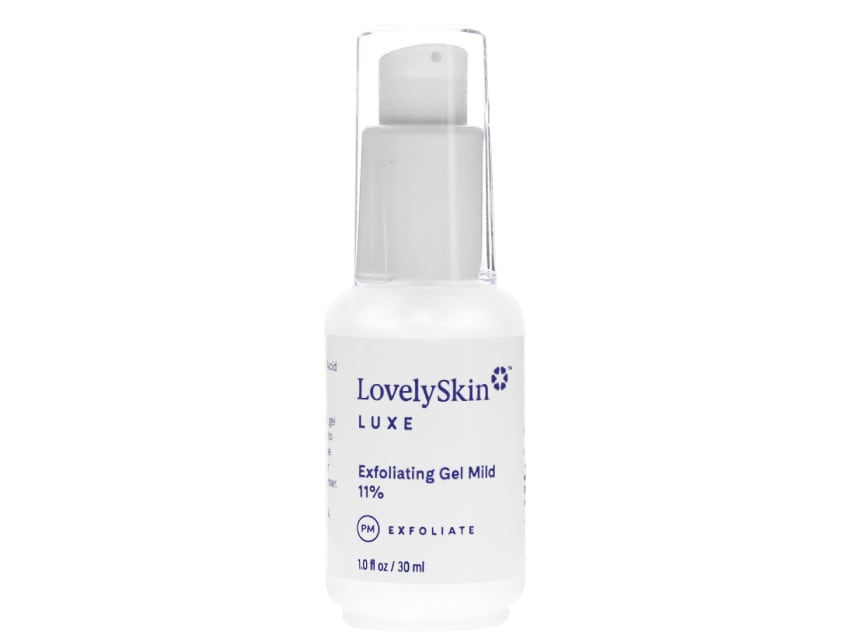
If you’re looking to press pause on your retinol or hydroquinone use but still want to address uneven skin tone and fine lines while breastfeeding or pregnant, this exfoliating face serum is a good option. “The active ingredient in this treatment is afaLUXE™, which is a patented blend of amino-based filaggrin antioxidants, vitamin C and Dead Sea minerals that encourages natural exfoliation and cellular turnover,” Dr. Joel Schlessinger says. “An 11% concentration of afaLUXE™ helps smooth and soften rough skin texture and refine your skin without causing irritation.”

The sleepless nights that come with the last months of pregnancy and the early newborn days can make dark under-eye circles and crow’s feet more noticeable. However, because retinol is on the list of skin care ingredients to avoid while breastfeeding or pregnant, you may be missing your usual retinol eye cream. This Epionce cream helps nourish skin with date fruit extract, antioxidant-packed avocado oil and shea butter. This eye cream also helps plump fine lines with hyaluronic acid.
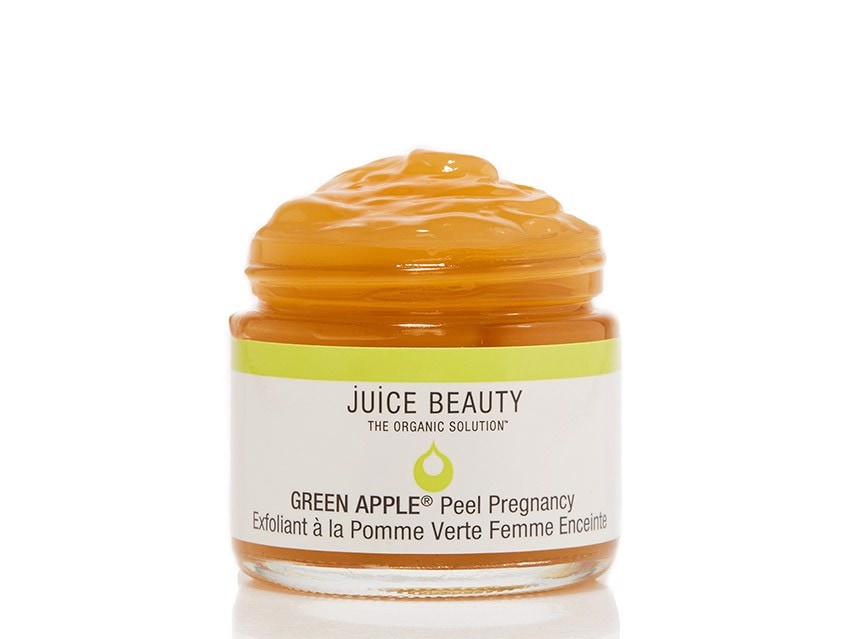
Juice Beauty founder Karen Behnke was inspired to start the company after noticing changes in her skin during her own pregnancy, so skin care to use while breastfeeding or pregnant is a passion of hers. This facial peel helps improve the appearance of hyperpigmentation, dark spots and acne with vitamin C and glycolic acid, a powerful alpha hydroxy acid. After cleansing, you can apply it to your entire face and rinse off after a ten-minute wait.
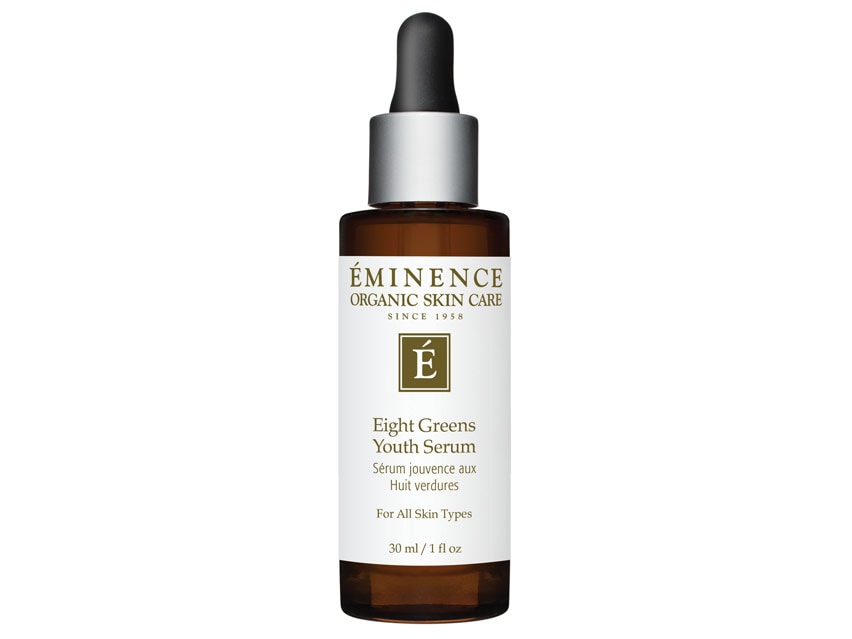
If you’re struggling with fine lines or hormonal breakouts during pregnancy or postpartum, this facial serum is one option that Eminence Organics recommends for expecting moms. Antioxidant-rich extracts derived from yucca, flaxseed, paprika, hops and chasteberry help keep hormonal acne at bay, balance oil production and improve firmness.
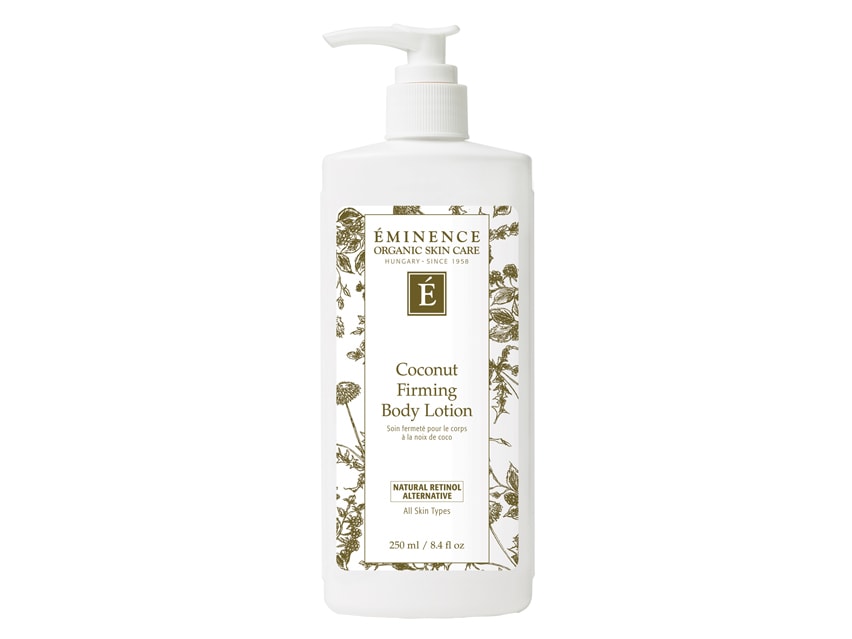
Research has shown that topical retinoids such as tretinoin can help improve the appearance of stretch marks. However, since retinoids are on the list of skin care ingredients to avoid while breastfeeding or pregnant, tretinoin and other retinol stretch mark creams may not be an option for you. Eminence Organics created this firming body lotion as a retinol alternative with mineral-rich bamboo, moisturizing coconut and Swiss green apple cells to help skin look and feel smoother so stretch marks are less noticeable.
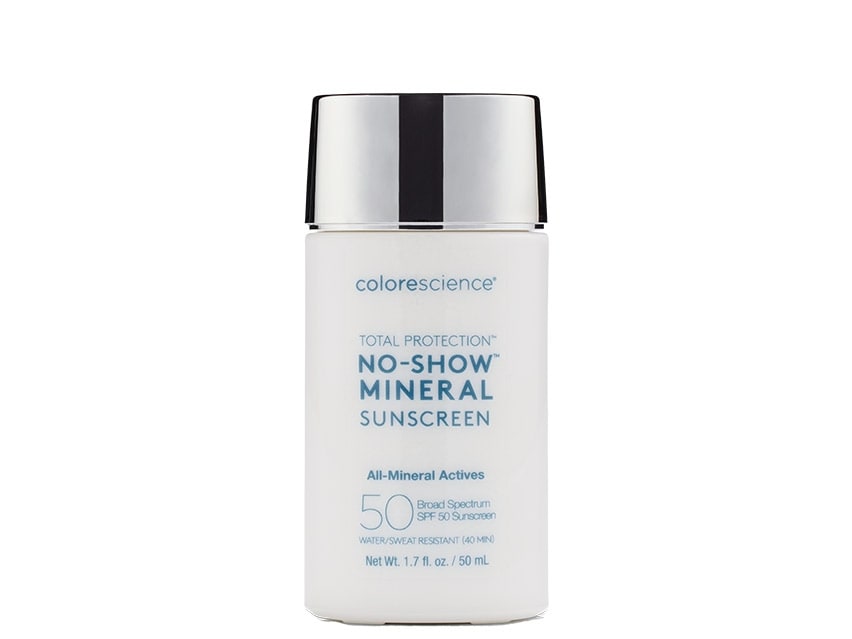
Whether or not you’re prone to melasma during pregnancy, you’ll want to have an all-mineral face sunscreen on hand to wear daily during your pregnancy and while breastfeeding. This face sunscreen from Colorescience is free of chemical sunscreen filters, instead offering broad-spectrum UV protection with 10% zinc oxide. “This is one of my favorite mineral sunscreens to recommend for my patients, and I use it myself as well,” Dr. Joel Schlessinger says. “It has a sheer formula that looks undetectable on most skin tones.”
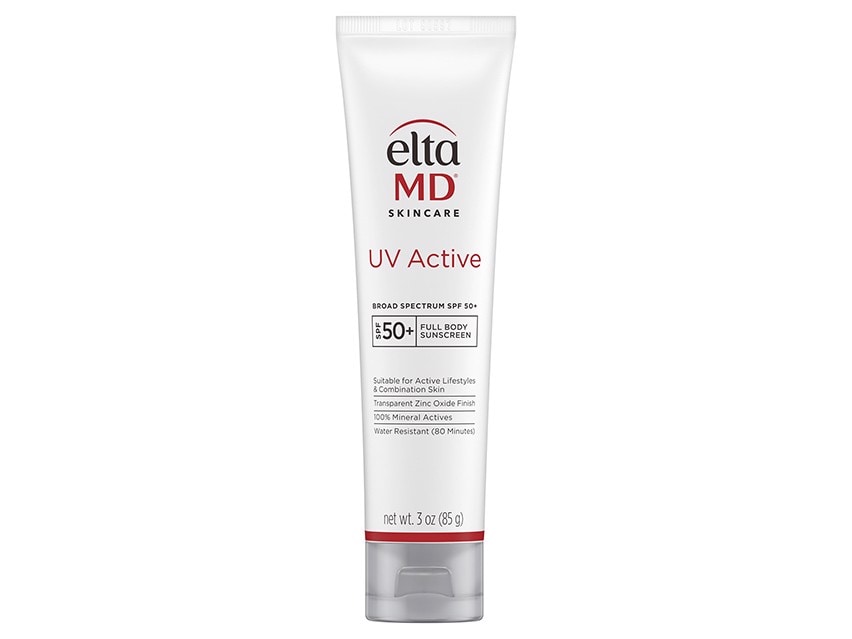
Whether you’re taking your bump or newborn babe on a walk or a trip to the beach, you’ll need a trusty body sunscreen to stay well-protected. This EltaMD sunscreen contains 19% zinc oxide and 4% titanium dioxide and is free of chemical sunscreen filters that should be avoided during pregnancy and breastfeeding. It's sweat- and water-resistant for eighty minutes, making it a great choice for an active outing. A wide-brimmed hat is a smart supplement to sunscreen use, so don’t forget to pack one for both you and baby!
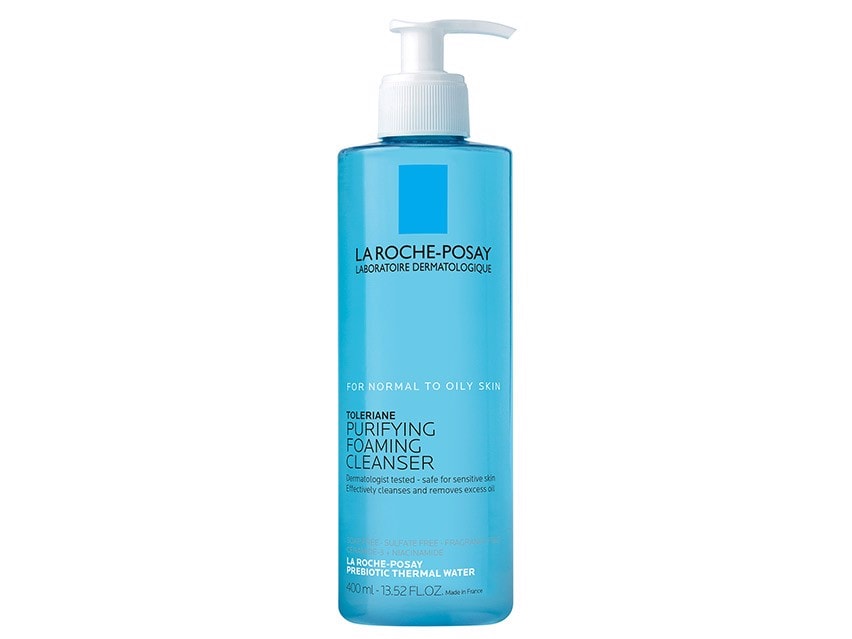
If you relied on an anti-acne face wash as part of your regular skin care routine, you may be wondering what cleanser you can switch to while pregnant or breastfeeding to help keep your skin clear. This gentle daily face cleanser from La Roche-Posay helps cleanse away the dirt, oil and impurities that can clog pores and lead to acne. It also contains glycerin for a boost of hydration and ceramides to help support your skin’s moisture barrier.
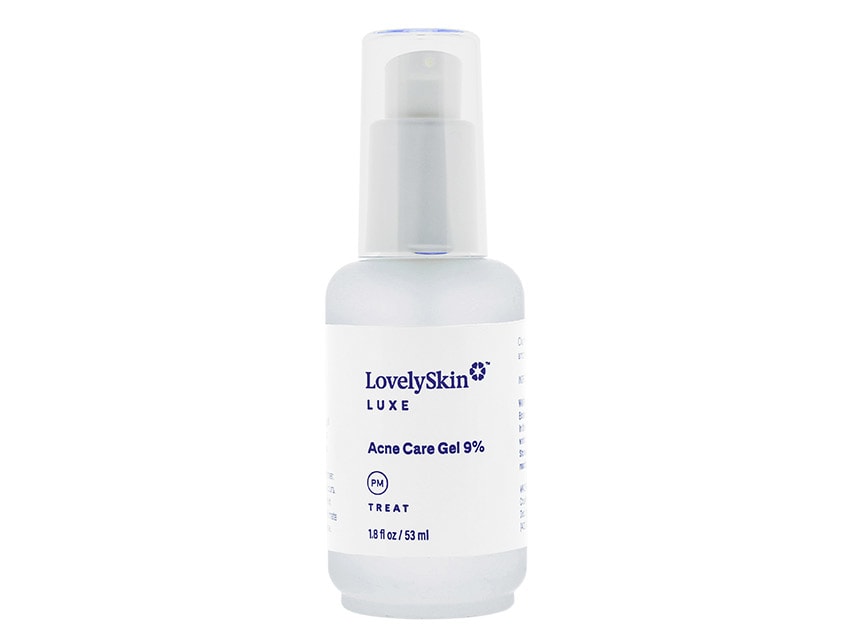
“For my patients who used retinol for breakouts prior to pregnancy, this acne gel is a nice alternative,” Dr. Joel Schlessinger says. “It contains a 9% concentration of afaLUXE™, a dermatologist-developed blend of amino-based filaggrin antioxidants, Dead Sea minerals and vitamin C that helps clear away the built-up dead skin cells and excess oil that can cause clogged pores.” With regular use, you can expect to see a resolution of existing breakouts and fewer new pimples as well.
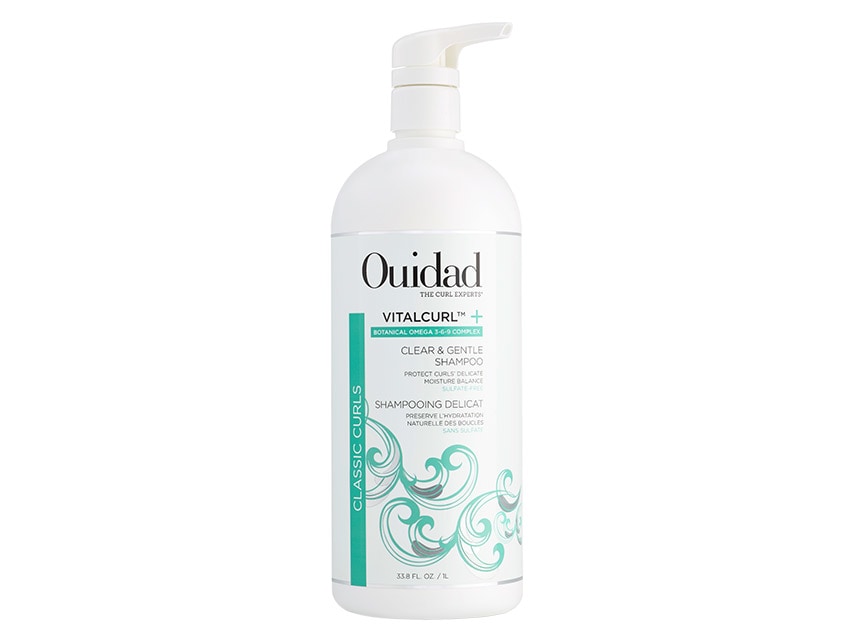
Though you might be on alert for oxybenzone in your sunscreen, it’s important to note that some hair products, such as shampoos or styling sprays, can contain this ingredient as well. Since oxybenzone is a skin care ingredient to avoid while breastfeeding or pregnant, it’s a good idea to leave those products on the shelf for now.
Hair care company Ouidad attests that its products are suitable for pregnant women to use, including this shampoo and conditioner formulated with curly hair in mind. Both contain essential lipids and vitamins (including C and B5) to fortify dry hair as well as olive oil and sunflower seed oils to revive your curls with weightless hydration.
Are you looking for more recommendations for skin care while breastfeeding? You can read all about the best postpartum skin care products on the LovelySkin Blog.


